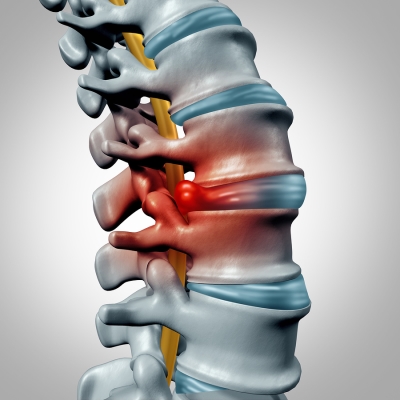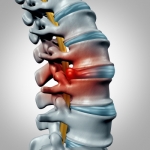Every patient’s experience with disc herniation is unique. A herniated disc may cause very mild symptoms and not have any discernible effect on a patient’s life at all. Other patients may experience severe symptoms like shooting pain, stiffness, numbness, and muscle weakness because the herniated portion of the disc is compressing the delicate nerves. The decision of whether to use nonsurgical treatments or to undergo surgery is a highly personal decision that each patient should make for him- or herself with the guidance of a herniated disc doctor located in Miami.
Identifying the Benefits of Nonsurgical Treatments
In most circumstances, doctors recommend trying nonsurgical treatments first before considering surgery for a herniated disc. Surgery is usually only considered as a last resort, primarily because surgery carries inherent risks and nonsurgical treatment can be very effective for patients. Patients often find that nonsurgical treatments such as medications, spinal injections, and physical therapy are effective in managing pain and improving quality of life. Nonsurgical treatments do not involve the lengthy recovery time that surgery requires. Nonsurgical treatments do not require patients to take considerable time out of their schedules. Plus, nonsurgical treatments have a minimal risk of complications, if any.
Knowing When to Consider Surgical Intervention
Although nonsurgical treatment options are generally preferable for patients with a herniated disc, there are circumstances in which surgery might be considered. Patients who have suffered from moderate to severe symptoms for a while without obtaining sufficient relief from nonsurgical treatments might consider trying surgical intervention. Sometimes, a doctor might recommend surgery fairly quickly after the diagnosis if the patient is experiencing very severe symptoms such as the loss of bladder or bowel control. In these cases, surgery might be necessary to restore the patient’s health and quality of life.
Understanding the Potential Complications of Surgery
When it’s time for patients to consider surgery for a herniated disc, it’s crucial to be fully informed of what’s involved with the surgery. Patients should discuss the potential complications that may arise with surgery, such as the risk of blood clots, infection, and bleeding. This allows patients to make an informed decision for their well-being.




















